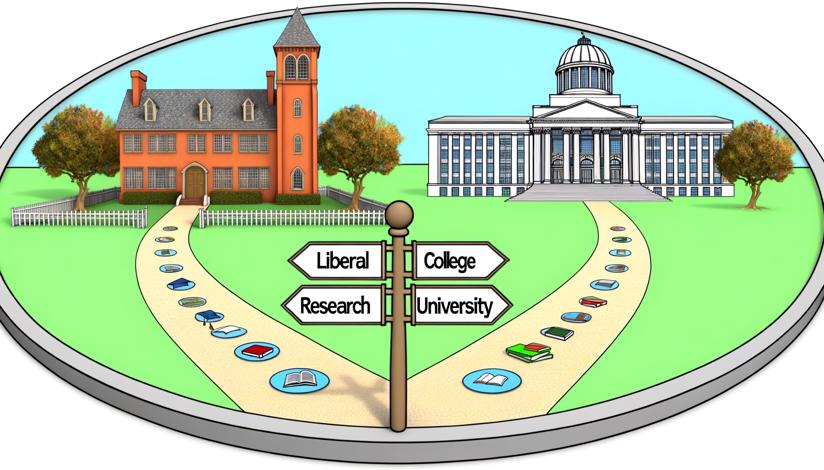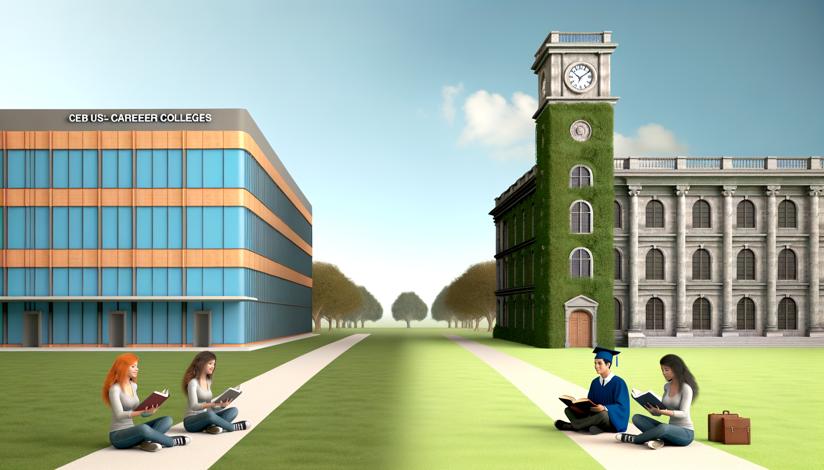

Ivy League schools, including Harvard, Yale, and Princeton, are renowned for their academic rigor and selective admissions process. A significant advantage of attending an Ivy League school is the prestige associated with the name. Employers often view graduates from these institutions favorably, making it easier to secure top positions in competitive industries. Additionally, Ivy League schools boast renowned faculty members who are leaders in their respective fields.
State universities, on the other hand, offer a more affordable option for higher education. With lower tuition fees and more lenient admissions criteria, state universities are accessible to a broader range of students. While they may lack the same level of prestige as Ivy League schools, state universities often provide excellent academic programs and opportunities for personal and professional growth. Many state universities also have strong connections with local industries, offering students valuable internships and job placement prospects.
In terms of resources and facilities, Ivy League schools typically have larger endowments and can offer state-of-the-art facilities, cutting-edge research opportunities, and extensive library collections. State universities, while often more limited in their resources, still provide access to libraries, research labs, and other amenities necessary for a well-rounded education.
One disadvantage of Ivy League schools is the intense competition and pressure that comes with attending such prestigious institutions. The academic workload can be overwhelming, and students may face high levels of stress to perform at their best. State universities, on the other hand, offer a more relaxed environment with a diverse student population, making it easier to find a balance between academics and social life.
In terms of class sizes, Ivy League schools often have smaller class sizes, allowing for more one-on-one interactions with professors. State universities, due to their larger student populations, may have larger class sizes, but they also provide a wider range of course offerings and majors to choose from.
In conclusion, both Ivy League schools and state universities offer unique advantages and disadvantages. Ivy League schools provide prestige, access to renowned faculty, and extensive resources, but come with intense competition and high costs. State universities offer affordability, a diverse student population, and access to practical experience, but may lack the same level of prestige and resources. Ultimately, the best choice depends on individual preferences, goals, and financial circumstances.
What's your opinion on Ivy League schools vs. state universities? Share your thoughts in the comments below!

Prestige and reputation
Renowned faculty
Extensive resources

Intense competition
High costs
Limited diversity















-
https://www.usnews.com/education/best-graduate-schools/articles/2021-01-26/what-are-ivy-league-schools
-
https://www.collegexpress.com/interests/ivy-league/articles/college-experience-ivy-league-vs-state-school/




























